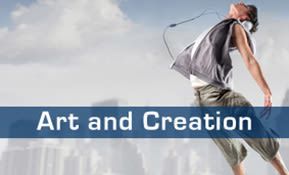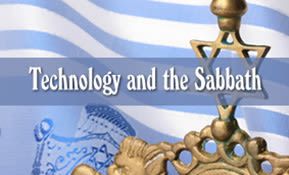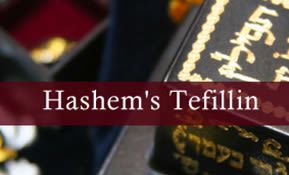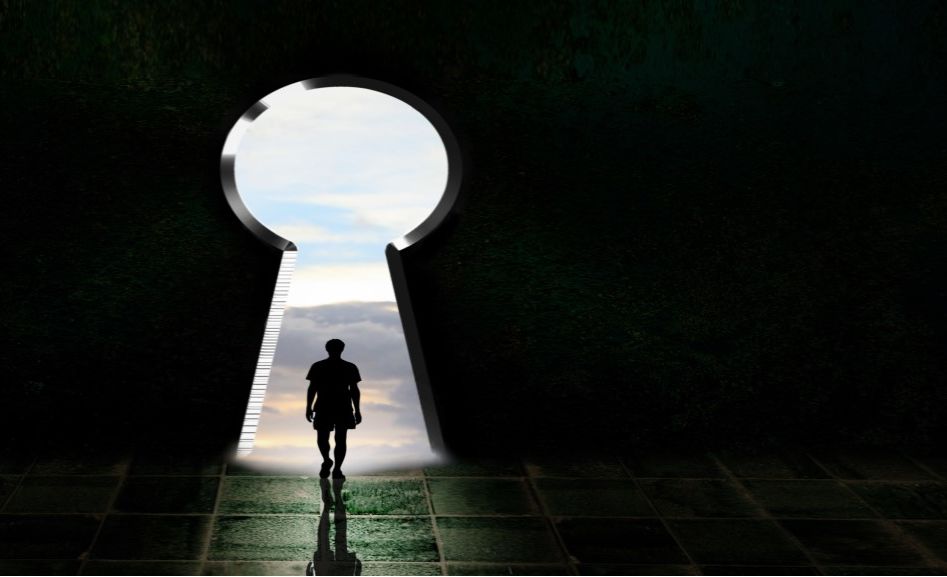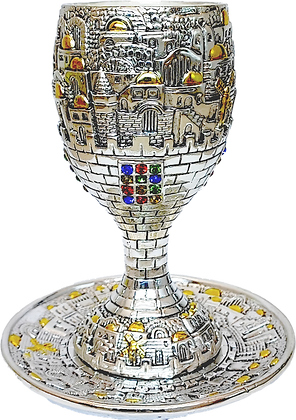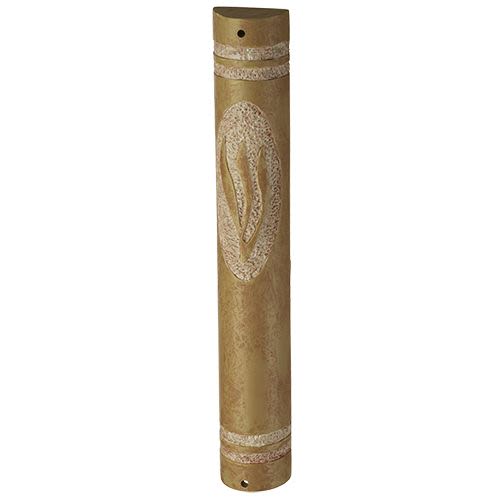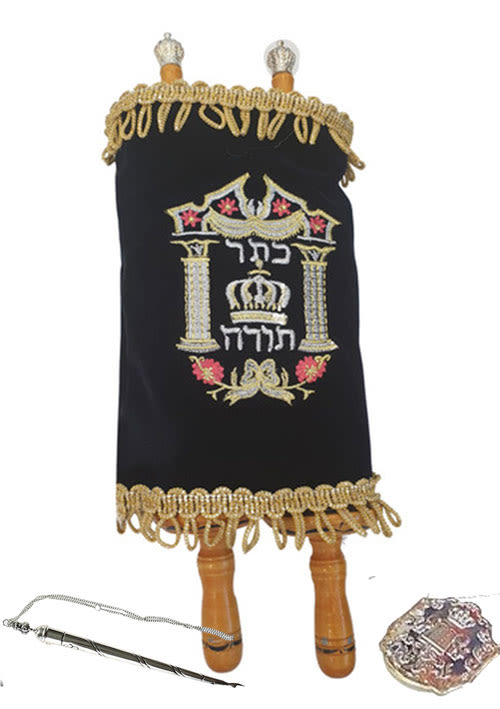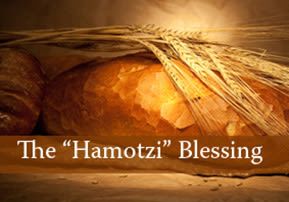
Va’eira: The “Hamotzi” Blessing
Bread differs from other foods. The elements that make up bread achieve a significant role which they lacked while they were still buried in the earth.

Translated and abridged by Rabbi Chanan Morrison
Parshat Va'eira
The blessings recited over most foods refer to God as the Borei, the Creator. Thus we say: "the Creator of fruits of the ground," "the Creator of fruits of the tree," "the Creator of fruits of the vine," and so on.
Yet the blessing for bread — Hamotzi — does not fit this pattern. Before eating bread, we say "Who brings forth bread from the earth."
Why do we not acknowledge God as the Creator of bread, as we do with other blessings?
Actually, the wording of this blessing appears to quote God's announcement to Moses:
"You will know that I am the Lord your God, Who brings you forth (Hamotzi) from under the Egyptian subjugation." (Ex. 6:7)
Is there some connection between bread and the Exodus from Egypt?
The Special Function of Bread
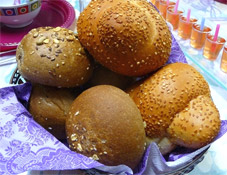 The earth contains a wide variety of nutrients and elements. Through various processes, these elements are formed into foods suitable for human consumption. With regard to foods that are not essential for human life, we cannot say that they attain their ultimate purpose when they are transformed into food. These basic elements performed certain functions while still in the ground. We cannot positively state that now, as a fruit or vegetable, they are more central to the functioning of the world.
The earth contains a wide variety of nutrients and elements. Through various processes, these elements are formed into foods suitable for human consumption. With regard to foods that are not essential for human life, we cannot say that they attain their ultimate purpose when they are transformed into food. These basic elements performed certain functions while still in the ground. We cannot positively state that now, as a fruit or vegetable, they are more central to the functioning of the world.
Bread, on the other hand, is the staff of life. Bread is necessary for our physical and mental development. "A child will only call out 'Father,' 'Mother' after eating grain" (Berachot 40). Due to its importance in sustaining human life, bread differs from other foods. The elements that make up bread have achieved a significant role which they lacked while they were still buried inside the earth.
The Hamotzi blessing reflects this aspect of bread. "Who brings forth bread from the earth." The act of 'bringing out' draws our attention to two stages: the elements' preliminary state in the ground, and their final state as bread, suitable for supporting life. Unlike other blessings, Hamotzi stresses the value these elements have acquired by leaving the general environment (the earth) and becoming life-sustaining bread.
How does this connect with the Exodus from Egypt?
The basic components of bread started as part of the overall environment, and were then separated for their special function. So too, the Jewish people started out as part of humanity. Their unique character and potential holiness were developed and revealed when God brought them out from the land of Egypt. "I am the Eternal your God, Who brings you forth from under the Egyptian subjugation." Like the blessing over bread, God's declaration emphasizes two contrasting aspects: the connection of the Jewish people to the rest of the world; and their separation from it, for the sake of their special mission.
(Adapted from Olat Re'iyah vol. II, p. 286)
* * *
Rabbi Chanan Morrison of Mitzpeh Yericho runs http://ravkookTorah.org, a website dedicated to presenting the Torah commentary of Rabbi Avraham Yitzchak HaCohen Kook, first Chief Rabbi of Eretz Yisrael, to the English-speaking community. He is also the author of Gold from the Land of Israel (Urim Publications, 2006).


